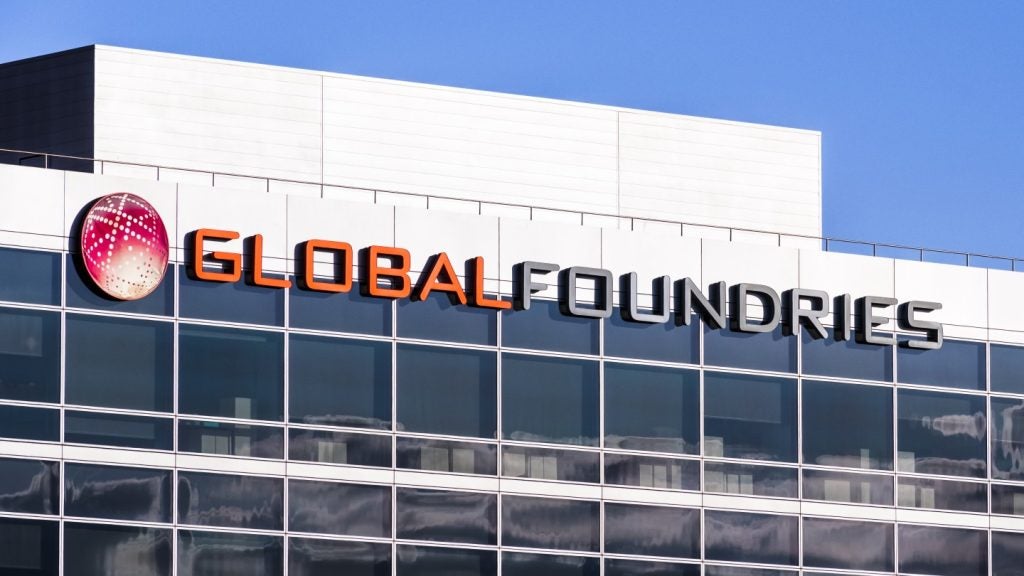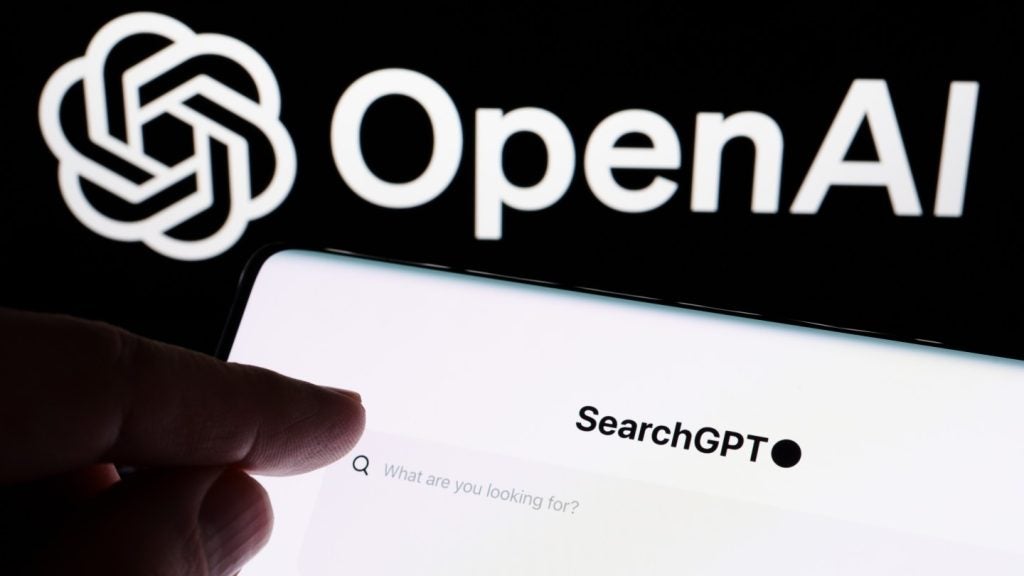
Artificial intelligence (AI) startup Modular has raised $100m in a new investment round led by General Catalyst.
The company’s existing investors such as SV Angel, Greylock, GV (Google Ventures) and Factory also participated in the round.
Modular has created an AI developer platform, which it claims can be used to defragment AI technology stack by developers.
The Palo Alto-based startup added that its technologies and solutions enhance the programmability, usability, scalability, compute effectiveness, and hardware utilisation of AI.
Citing Modular CEO Chris Lattner, TechCrunch reported that the proceeds will be used to expand the product portfolio, offer hardware support and expand Mojo, Modular’s programming language.
Lattner was quoted as saying in an email to the publication: “Because we operate in a deeply technical space that requires highly specialised expertise, we intend to use this funding to support the growth of our team.
“This funding will not be primarily spent on AI compute but rather on improving our core products and scaling to meet our incredible customer demand.”
Since its inception last year, Modular raised a total of $130m in funding.
General Catalyst managing director Deep Nishar said: “Our conviction in Modular stems from the team’s impressive expertise, particularly the co-founders’ pivotal role in shaping the compilation landscape over the past two decades and fueling this new wave of AI through their work on TensorFlow.
“We believe in their ability to create the AI development platform of the future—one that (finally) allows technologists to fully realise the potential of their infrastructure while delivering a developer-friendly experience.”







